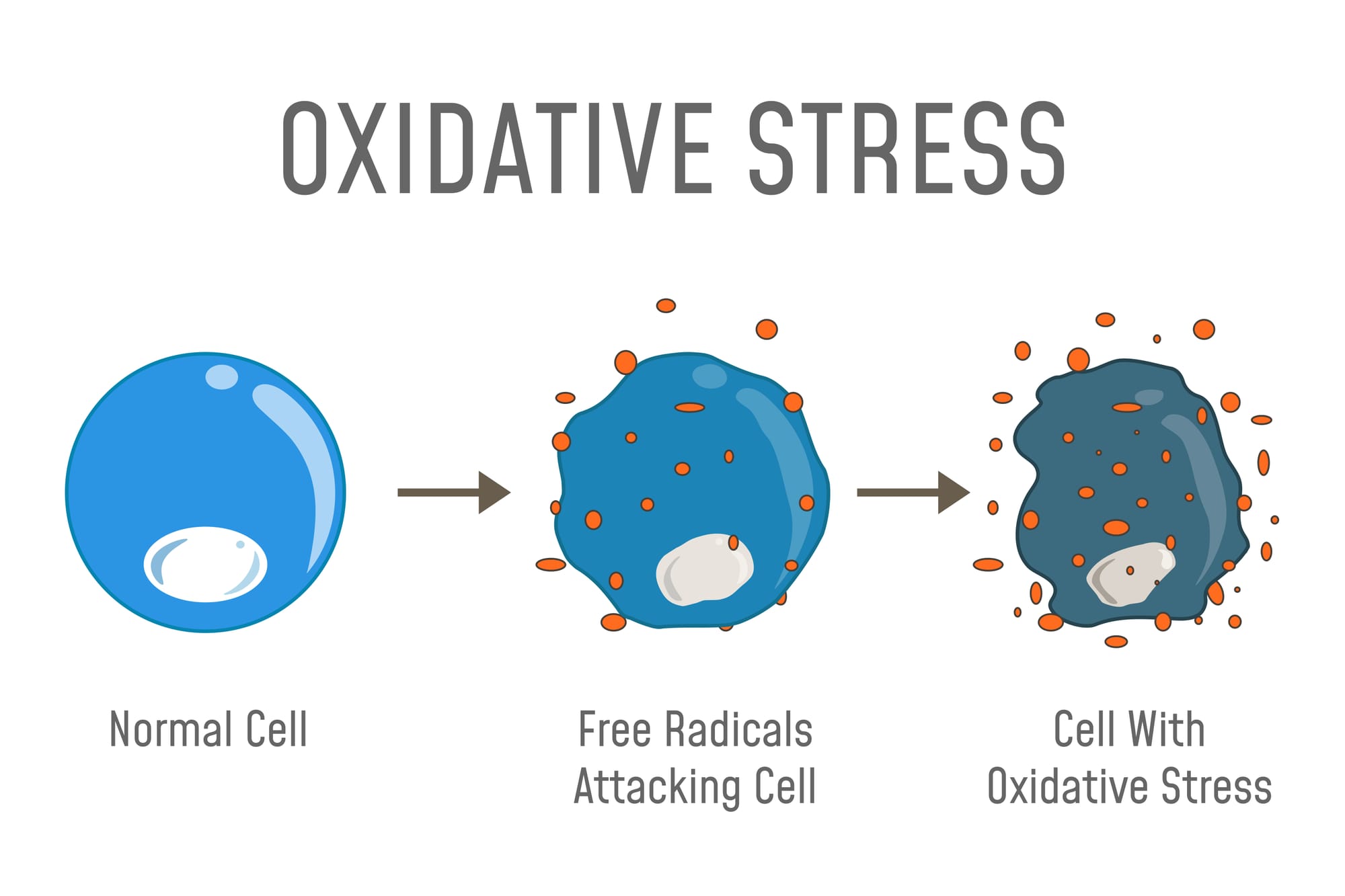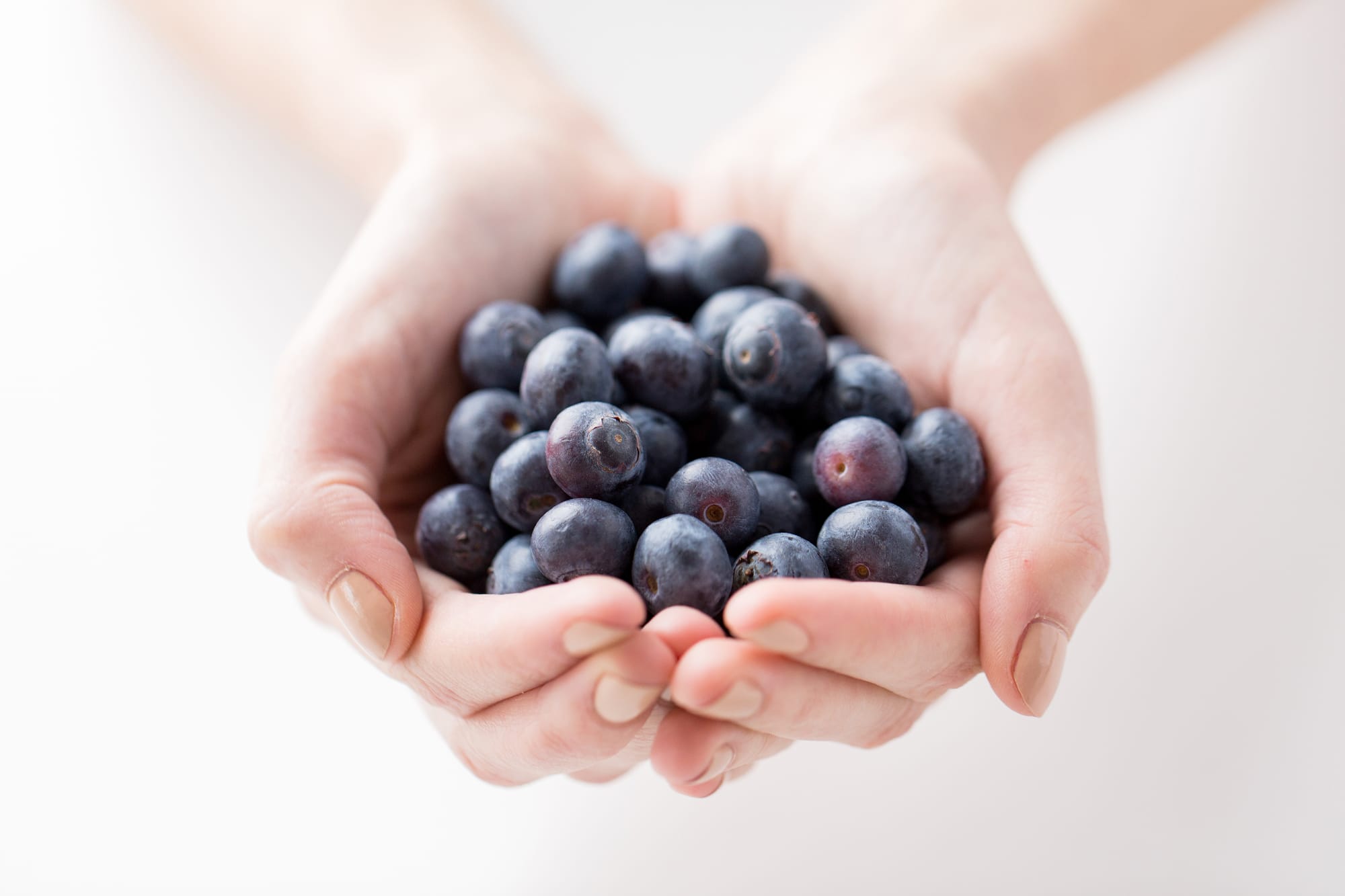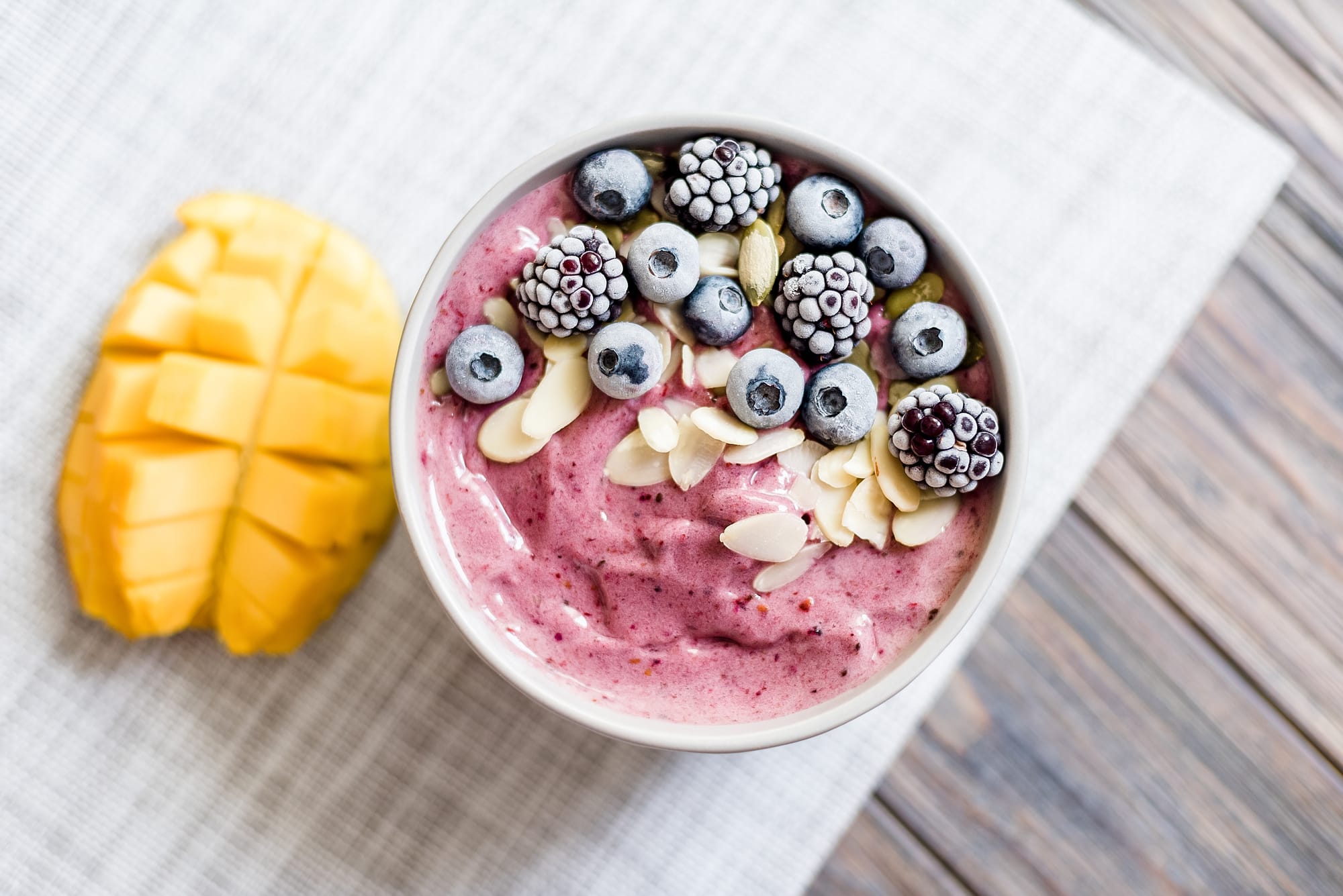From Challenges to Comfort: Palliative Care for Dementia Patients
Practical ways palliative care makes life more comfortable for dementia patients, addressing their physical and emotional needs with care.
Imagine a fruit so potent that it could help delay cognitive decline, lower blood pressure, and even extend life span. Blueberries, with their high levels of flavonoids and antioxidants, are stepping up as an essential part of a healthy aging strategy.

They may be small, but blueberries are making a big splash in the world of healthy aging. Researchers have been pouring over this fruit's profile, finding compelling links between blueberry consumption and improved cognitive and cardiovascular health. Packed with potent flavonoids and antioxidants, blueberries are showing up as a serious contender in the quest to delay the effects of aging.
What’s behind the hype? It turns out these berries pack more than just flavor; they’re bursting with compounds that combat inflammation, support cognitive function, and even extend life span in lab models. As more studies emerge, it seems clear that these little blue powerhouses deserve a permanent spot on our plates. Here’s a closer look at why blueberries are more than a fleeting health trend.
We begin with one of the most compelling reasons to add blueberries to your diet: their remarkable potential in supporting brain health, thanks to their powerful antioxidants. These compounds work by neutralizing harmful free radicals, reducing oxidative stress that can damage brain cells over time. In essence, antioxidants act as a protective shield, preserving cognitive function and keeping your brain sharper for longer.
Antioxidants help neutralize free radicals by donating electrons. Free radicals are unstable molecules that damage cells as they seek to steal electrons from healthy molecules. By willingly donating electrons, antioxidants stabilize these free radicals, preventing cellular damage and reducing oxidative stress.

Blueberries contain a group of antioxidants called flavonoids, which are celebrated for their cognitive-enhancing properties. Some researchers have gone so far as to suggest that these antioxidants may aid in memory retention, improved learning capacity, and sharper reasoning. Older adults who consume blueberries regularly have shown signs of delayed cognitive aging by as much as two-and-a-half years. Think of that—the equivalent of hitting a pause button on age-related memory decline. It’s not magic; it's biochemistry at its finest.
Oxidative stress occurs when there’s an imbalance between free radicals—unstable molecules generated by factors like pollution, poor diet, or natural aging—and the body’s ability to counteract their harmful effects. These free radicals can damage cells, proteins, and even DNA, accelerating the aging process and contributing to various diseases, including neurodegenerative disorders and heart conditions.
Blueberries, rich in potent antioxidants like flavonoids, play a crucial role in combating oxidative stress. These antioxidants neutralize free radicals by donating electrons, stabilizing the molecules and preventing them from inflicting further damage. By reducing oxidative stress, blueberries help preserve cell integrity, support brain health, and protect the cardiovascular system, ultimately promoting healthier aging.

Aging often comes with neuronal deficits—gaps or slowdowns in the nervous system's communication network. Here, blueberries shine by protecting these vital pathways. Their polyphenolic compounds work to reduce oxidative stress and inflammation, two villains known to accelerate cognitive decline. Furthermore, these compounds can improve signaling between neurons, which means quicker mental processing and better overall brain function.
In clinical studies, researchers have observed that blueberry consumption can yield measurable improvements in cognitive abilities. A review of various trials highlighted that blueberries help in areas like delayed memory recall and executive functions—the kinds of skills crucial for planning and decision-making. Interestingly, these benefits aren’t reserved solely for seniors; even children show cognitive improvement, proving that blueberries might just be a brain booster for all ages.

What’s good for the brain is often good for the heart, and blueberries are no exception. Blueberries are especially good as a healthy fruit, as they are also healthy for kidney and diabetes, two co-morbidities that often follow heart disease.
Several studies suggest that a consistent intake of these berries may lead to lower blood pressure. The reason lies in compounds that improve the flexibility of arteries, allowing blood to flow more efficiently. This doesn’t mean you need to eat buckets of blueberries. Even modest, daily servings seem to have a measurable effect.
Your circulatory system is an extensive network of blood vessels that can become rigid and constricted over time, leading to increased blood pressure. Blueberries, rich in beneficial compounds, function like a natural support mechanism, promoting vascular flexibility and ensuring smoother, more efficient blood flow.

A significant study conducted at the University of Reading brought to light the impressive impact of wild blueberry powder on aging populations. Researchers found that when older adults consumed this powder daily, there were measurable gains in both cognitive performance and cardiovascular health. The improvements included sharper memory recall, better executive functioning, and enhanced vascular flexibility—all crucial for maintaining overall well-being as we age.
This dual-action effect is particularly compelling, as it underscores the potential of blueberries to serve as a multi-faceted health booster, offering both brain and heart protection in a single, natural source. Such findings are rare and noteworthy, suggesting that blueberries could become a valuable dietary component for those aiming to age more healthily and maintain a high quality of life.
A core reason for blueberries' celebrated role in promoting healthy aging is their abundant supply of antioxidants. These powerful molecules are critical in protecting our cells from the relentless assault of oxidative stress, which accelerates aging and increases the risk of various chronic diseases.
Our DNA, the fundamental blueprint of life, gradually incurs damage over time, primarily from oxidative stress caused by environmental factors and natural metabolic processes. As we said earlier, blueberries are rich in antioxidants that actively combat this damage. By neutralizing harmful free radicals, these compounds help to slow cellular decay and preserve the integrity of our genetic material. This means that the body can maintain optimal function for a longer period, minimizing the onset of age-related issues at the cellular level.
Inflammation, especially when it becomes chronic, is a well-established contributor to age-related conditions such as arthritis, cardiovascular disease, and neurodegenerative disorders like Alzheimer’s. Blueberries contain anti-inflammatory compounds that may significantly lower this risk. By mitigating chronic inflammation, these compounds add another dimension to blueberries' health benefits, making them a comprehensive ally in the fight against aging-related illnesses.
Altogether, blueberries' high antioxidant and anti-inflammatory properties contribute to a more robust defense system, offering a natural and effective approach to extending vitality and reducing the burden of age-related diseases.

Animal studies exploring the effects of blueberries have yielded intriguing results: these small fruits appear to possess life span-extending properties. In these experiments, regular blueberry consumption was linked to longer, healthier lives, sparking the question of whether these benefits could apply to humans as well. While the translation of these findings to human longevity is still an area of active research, the early evidence is compelling enough to warrant serious attention.
This raises a thought-provoking possibility: Could the key to slowing down aging and enhancing longevity be hiding in something as simple and natural as blueberries? As scientists continue to unravel these mysteries, the notion of a “blue fountain of youth” feels increasingly plausible, grounded in the promising potential of these antioxidant-rich berries.
Eric Rimm, a Harvard epidemiologist, noted that regular berry consumption has been linked to increased longevity. “On average, people who eat more berries seem to live a little bit longer,” says Eric Rimm, ScD, a professor of epidemiology and nutrition at Harvard’s T.H. Chan School of Public Health. It’s a simple act—adding blueberries to your diet—that may pay dividends in the long run, and Rimm’s comments only reinforce the potential value of this habit.

Incorporating blueberries into your daily routine is not only simple but also enjoyable. These small, flavorful fruits are incredibly versatile and easy to work into meals and snacks, bringing both health benefits and a burst of color to your plate. Here’s how to make the most of them:
Even modest, regular consumption can make a difference. Aim to eat blueberries at least once a week, as studies have shown that even this limited intake can contribute to improved cognitive function and heart health. However, more frequent consumption could offer even greater benefits.
For optimal results, consider consuming a full cup of blueberries each day. Whether fresh or frozen, the nutritional value remains high. Frozen blueberries are particularly convenient; they are picked and preserved at peak ripeness, locking in their health-promoting nutrients. This makes them a practical option year-round.
Blueberries can be easily incorporated into a variety of meals. Sprinkle them over your breakfast cereal or oatmeal for a nutrient boost, blend them into smoothies for a refreshing and healthy drink, or mix them into salads for a touch of natural sweetness. They also make for a perfect standalone snack, satisfying both your taste buds and nutritional needs. With endless ways to enjoy them, making blueberries a dietary staple has never been easier—or more delicious.